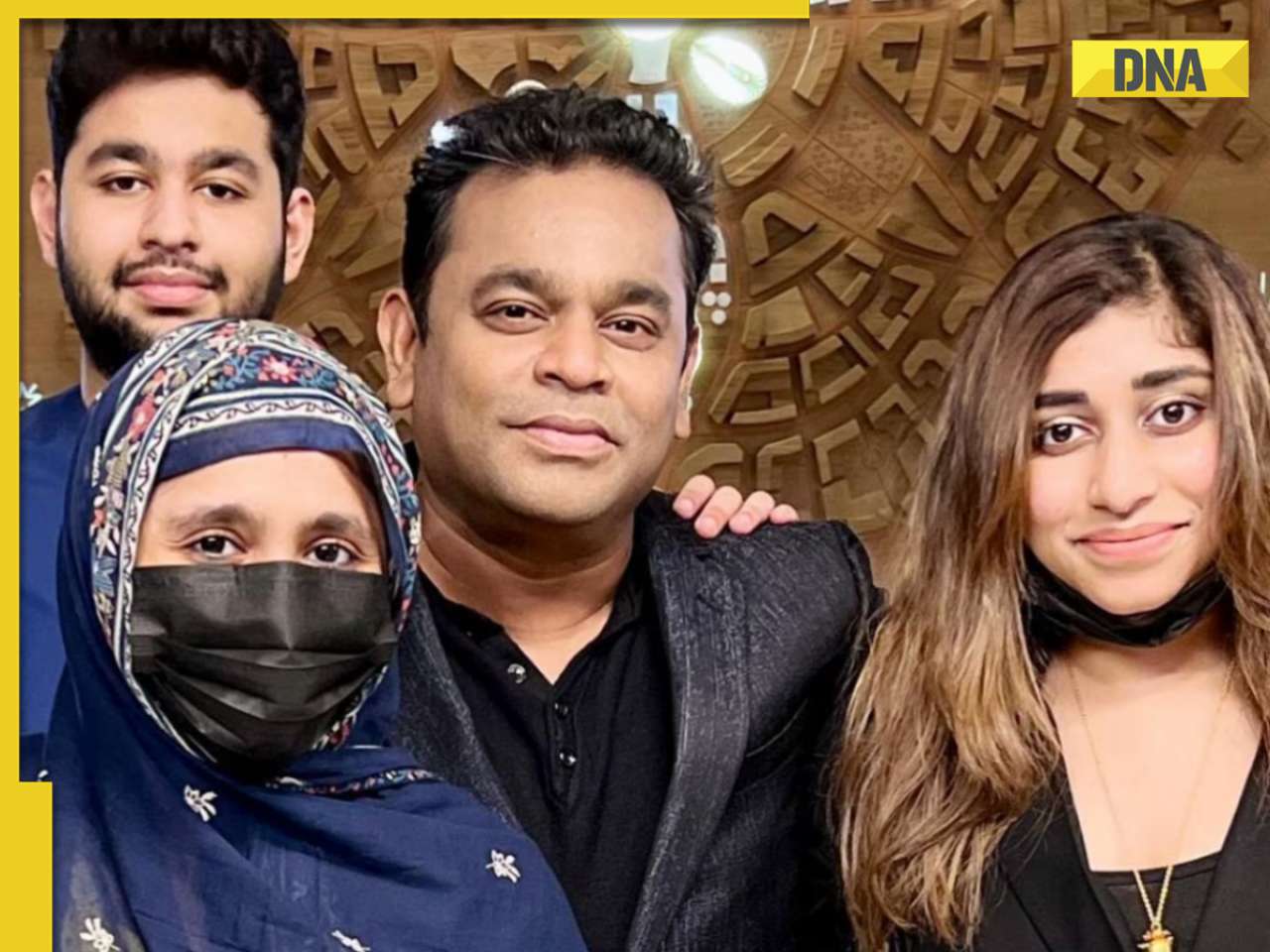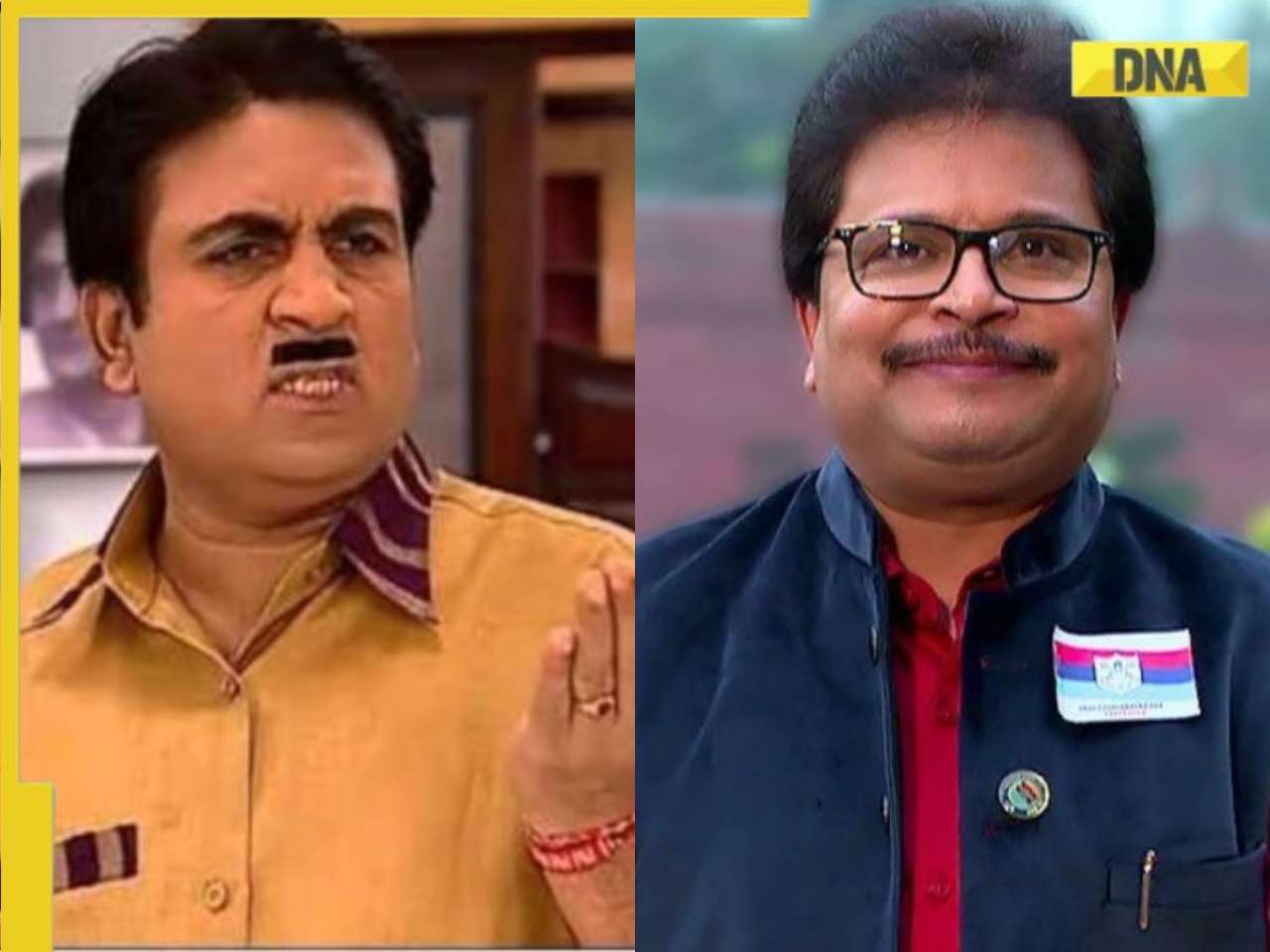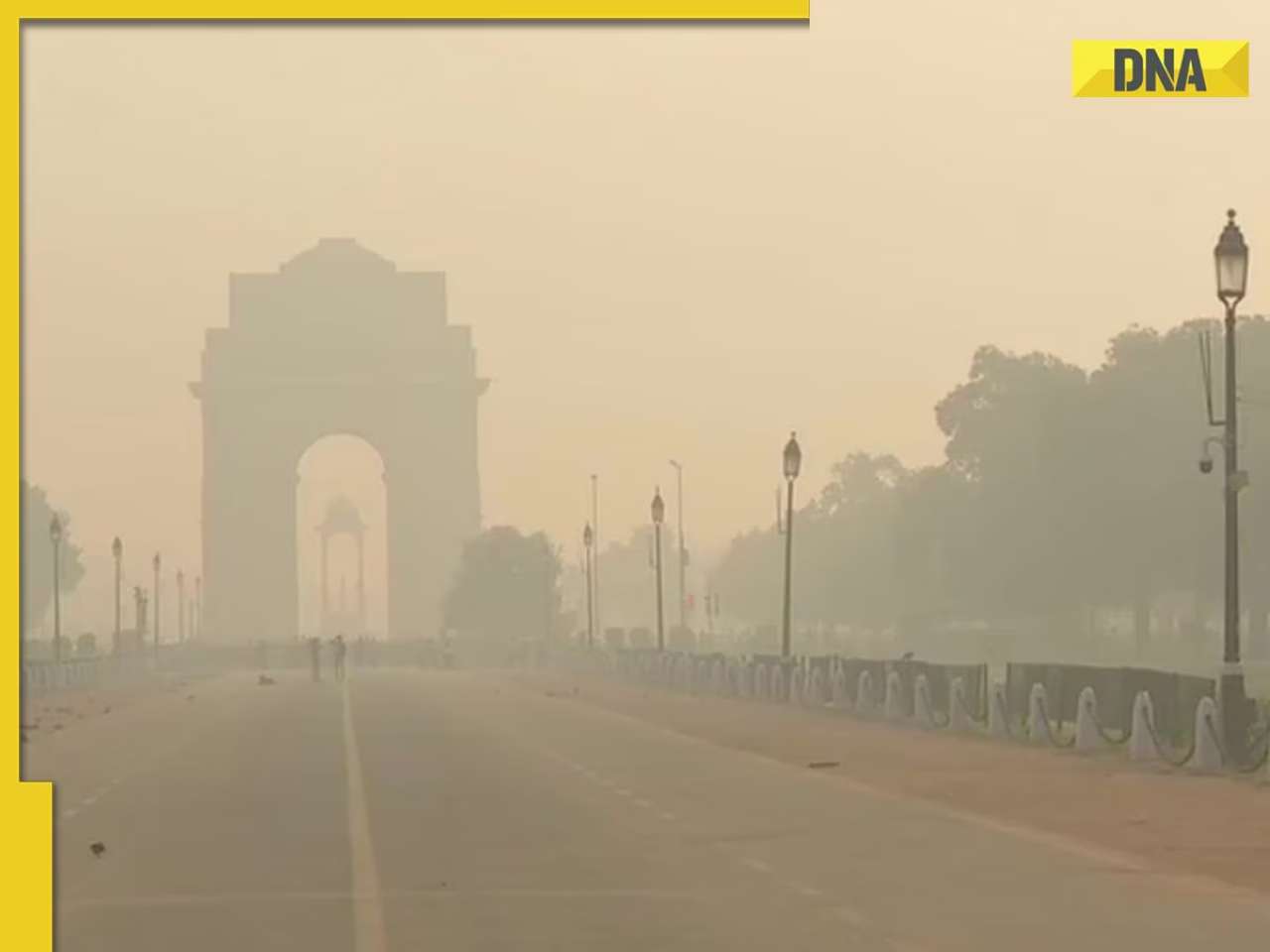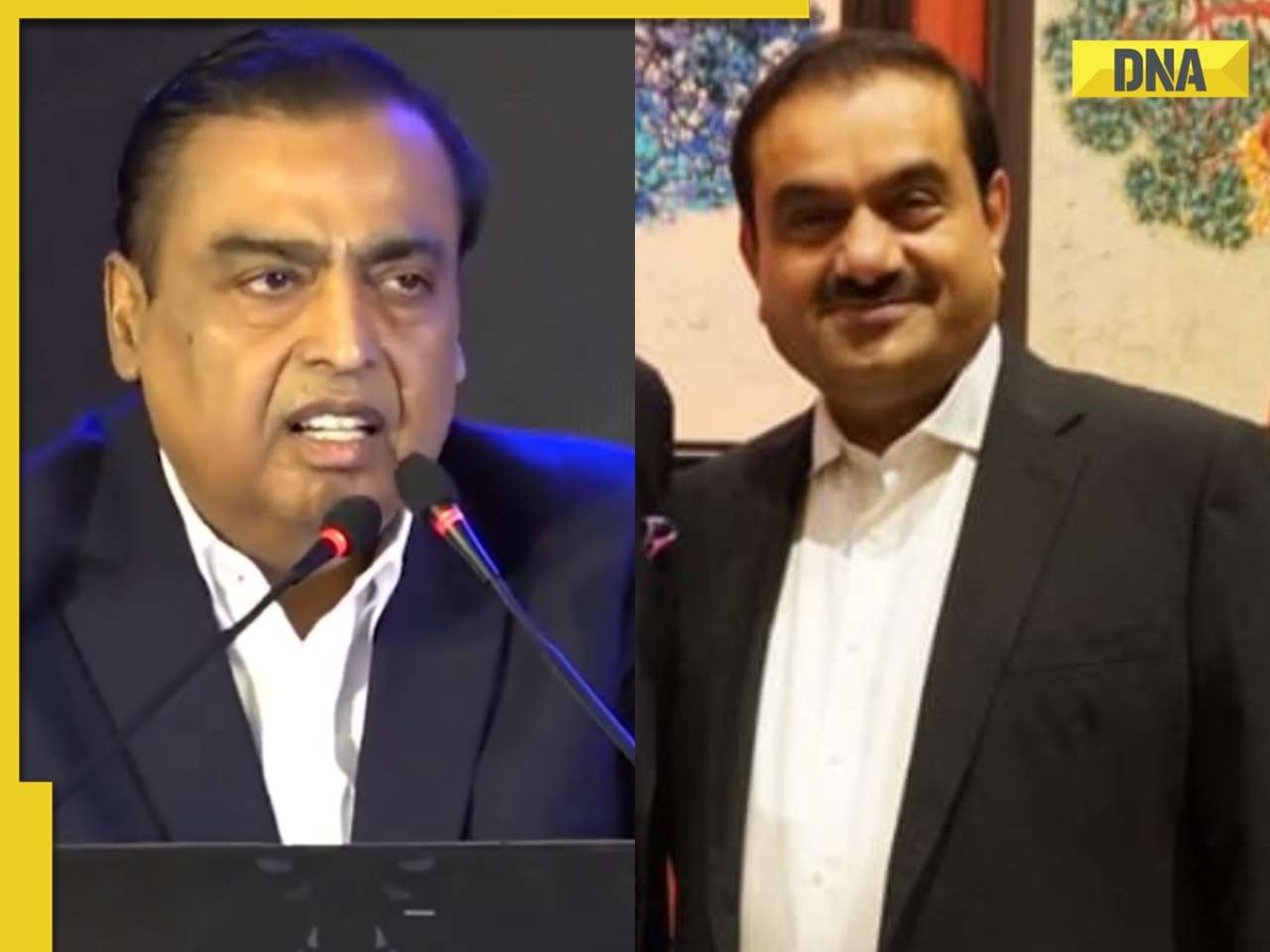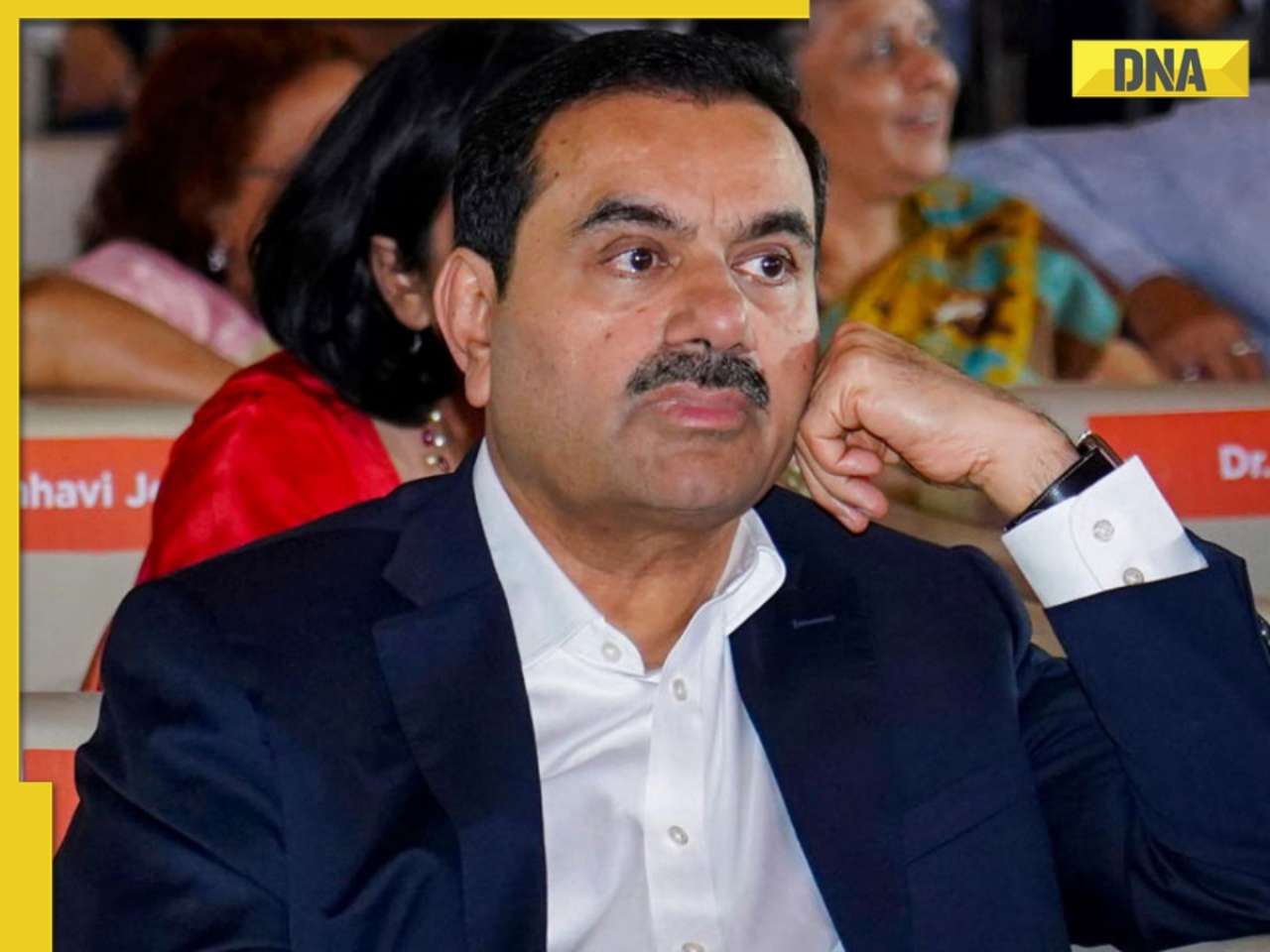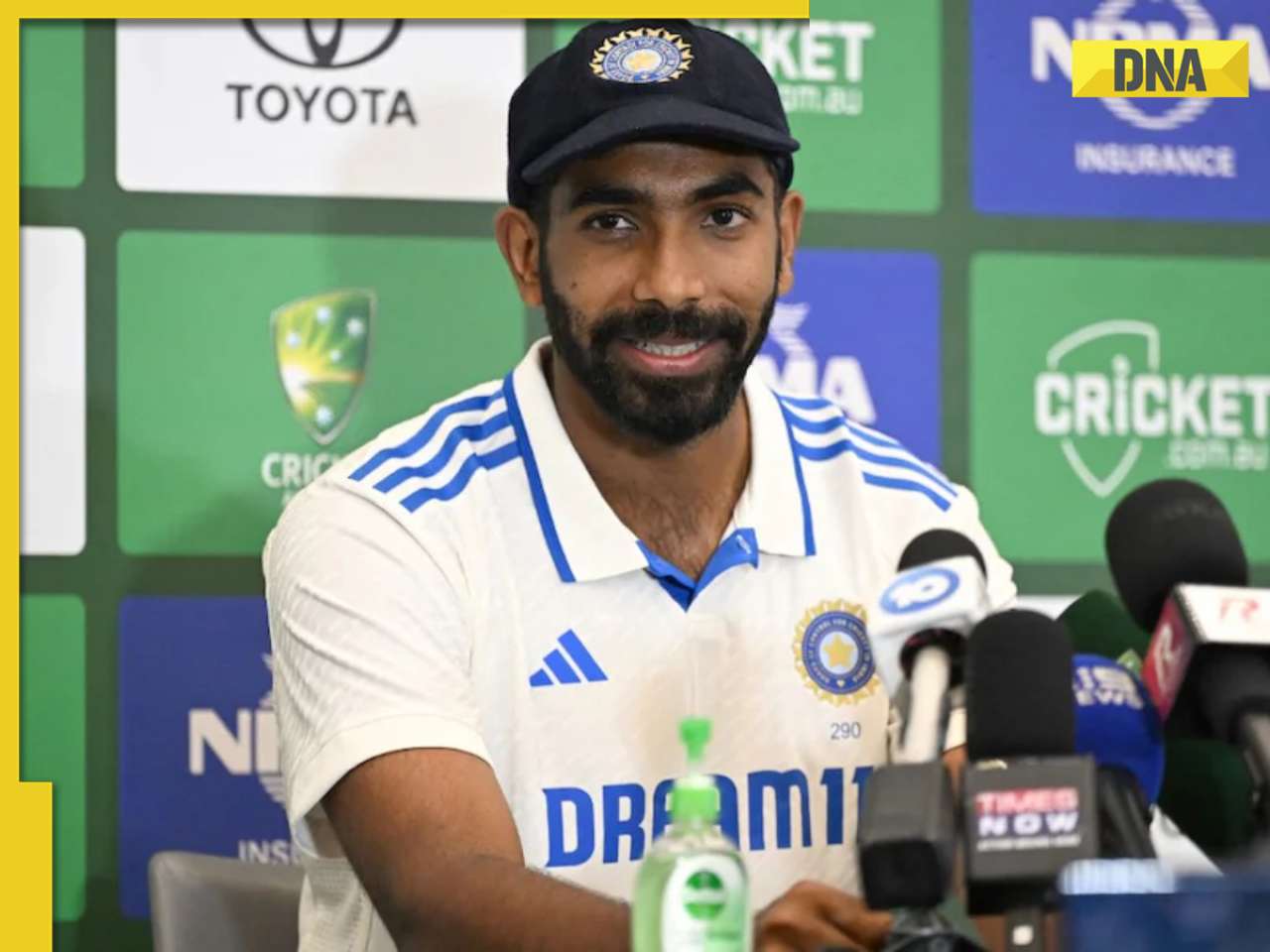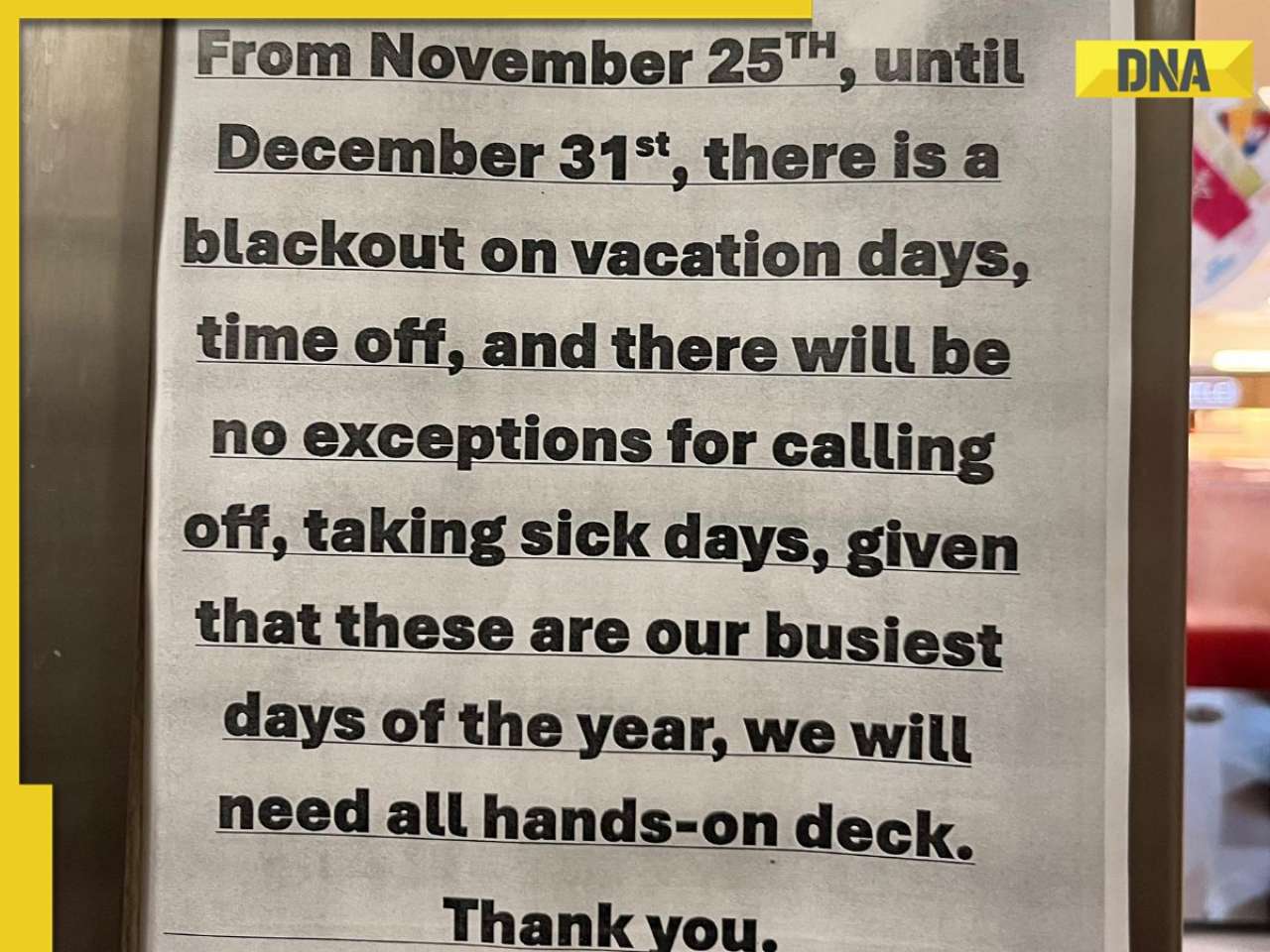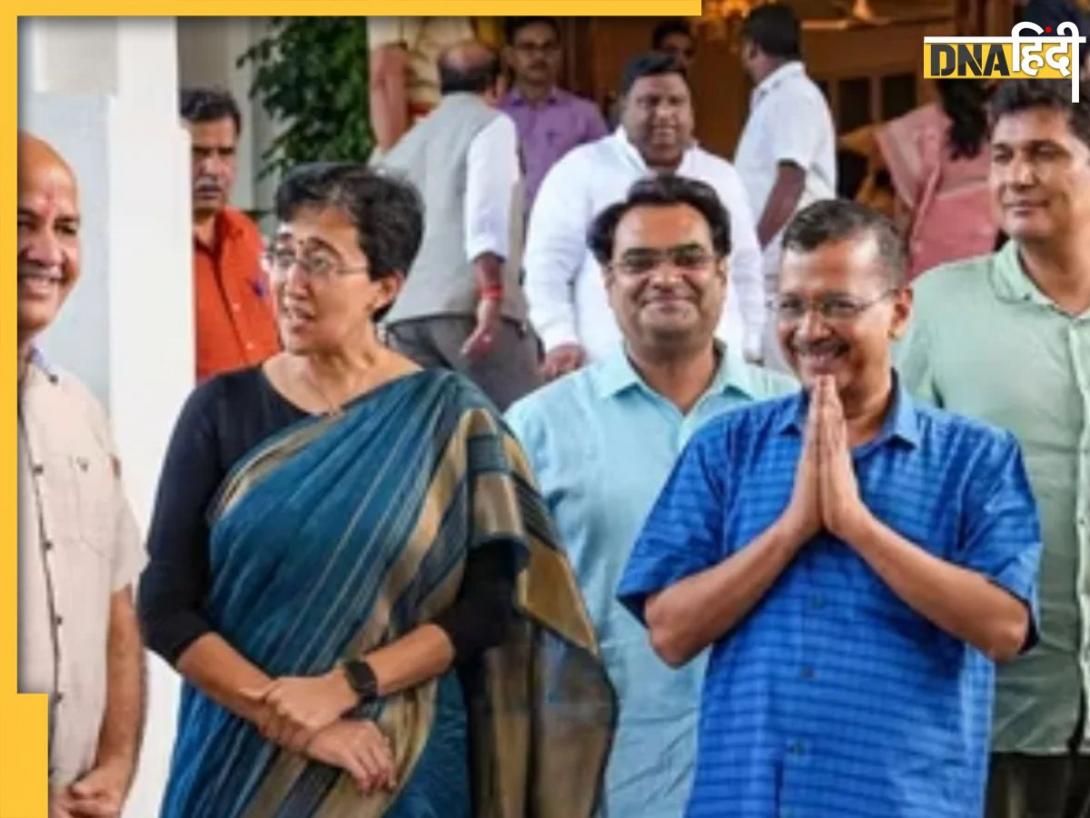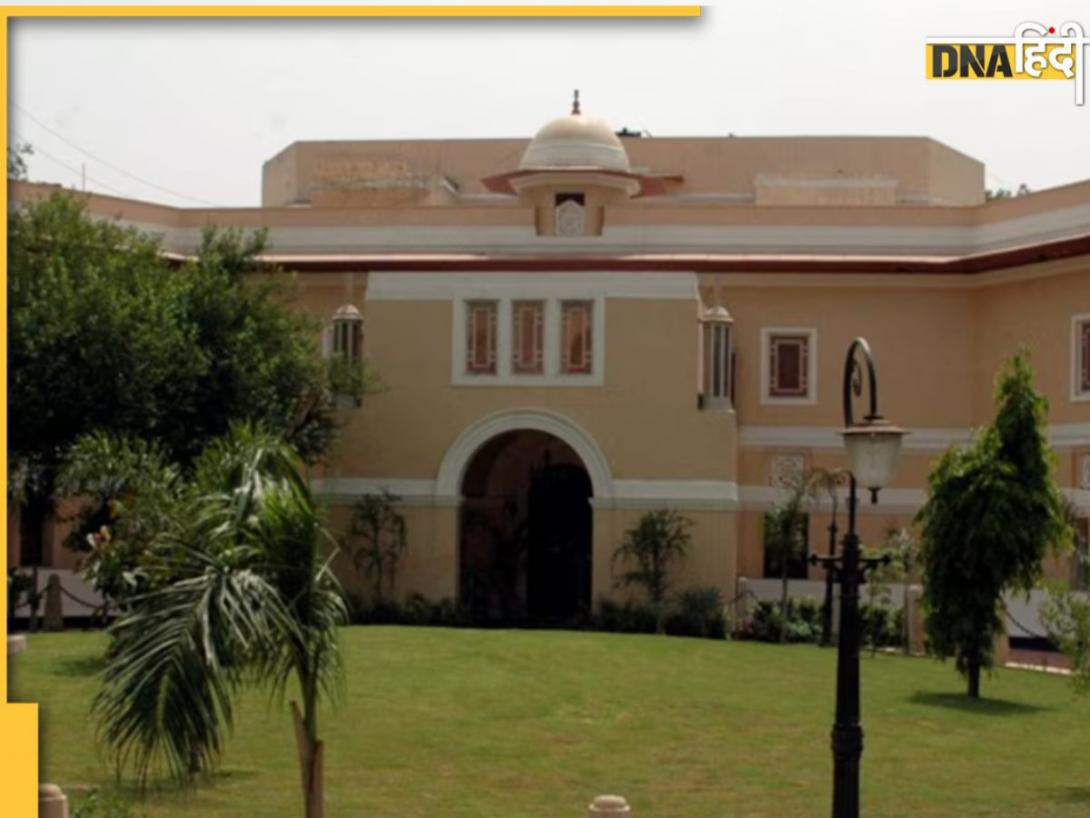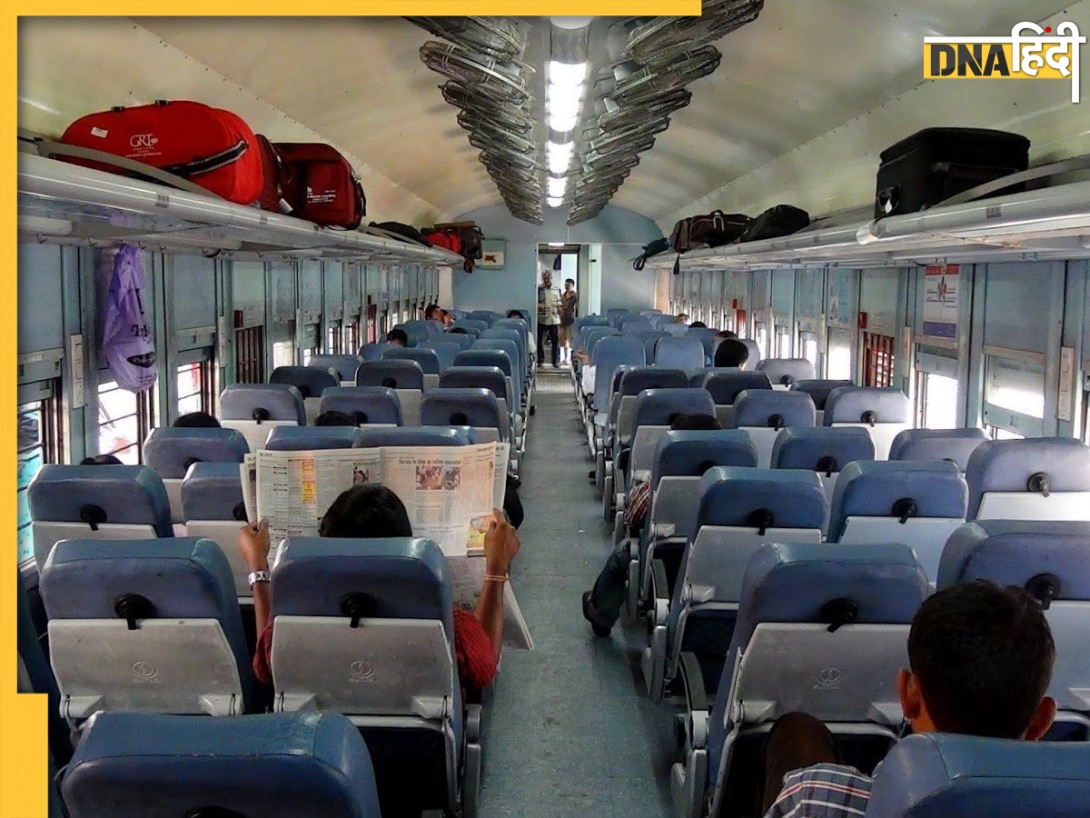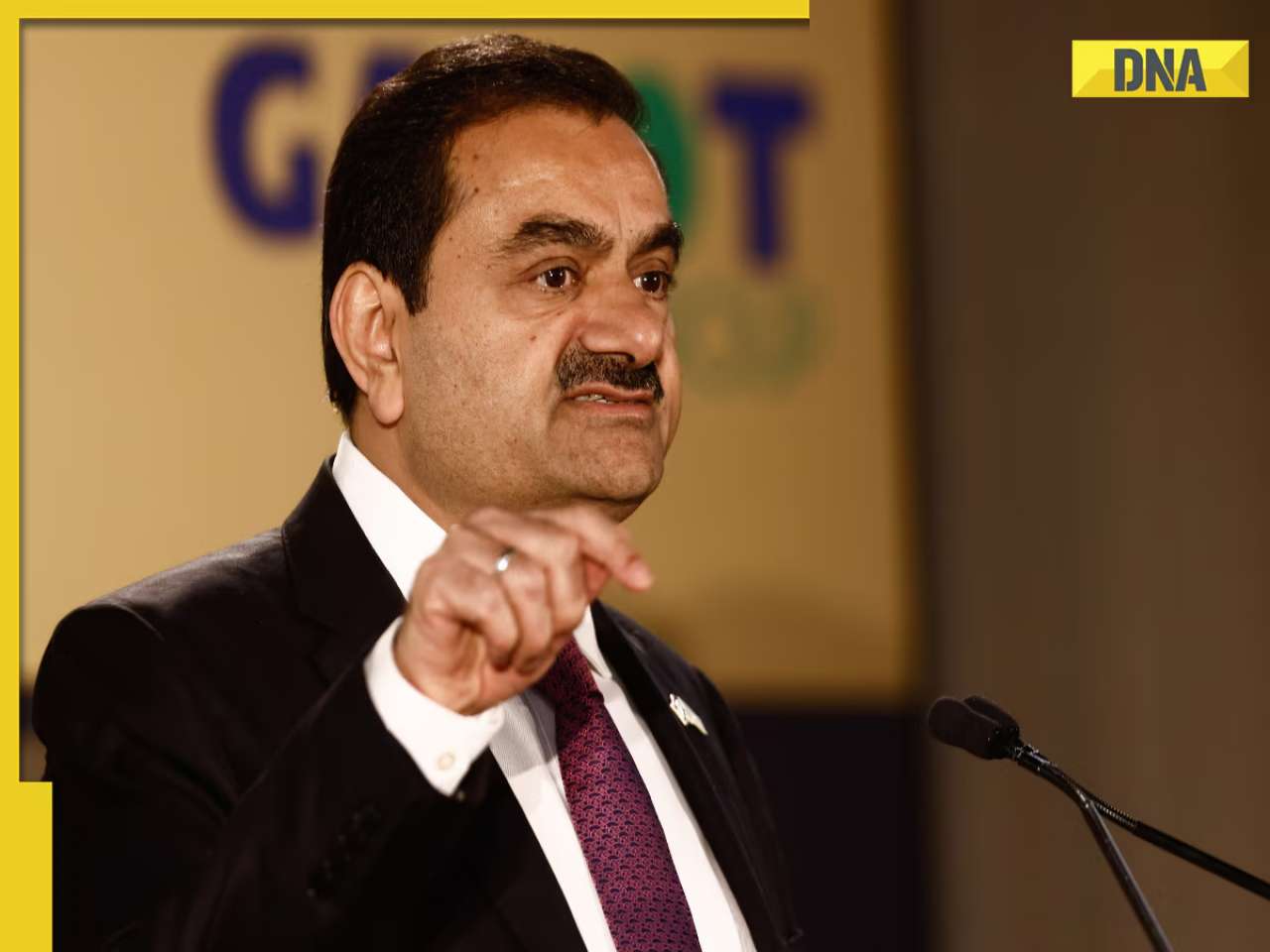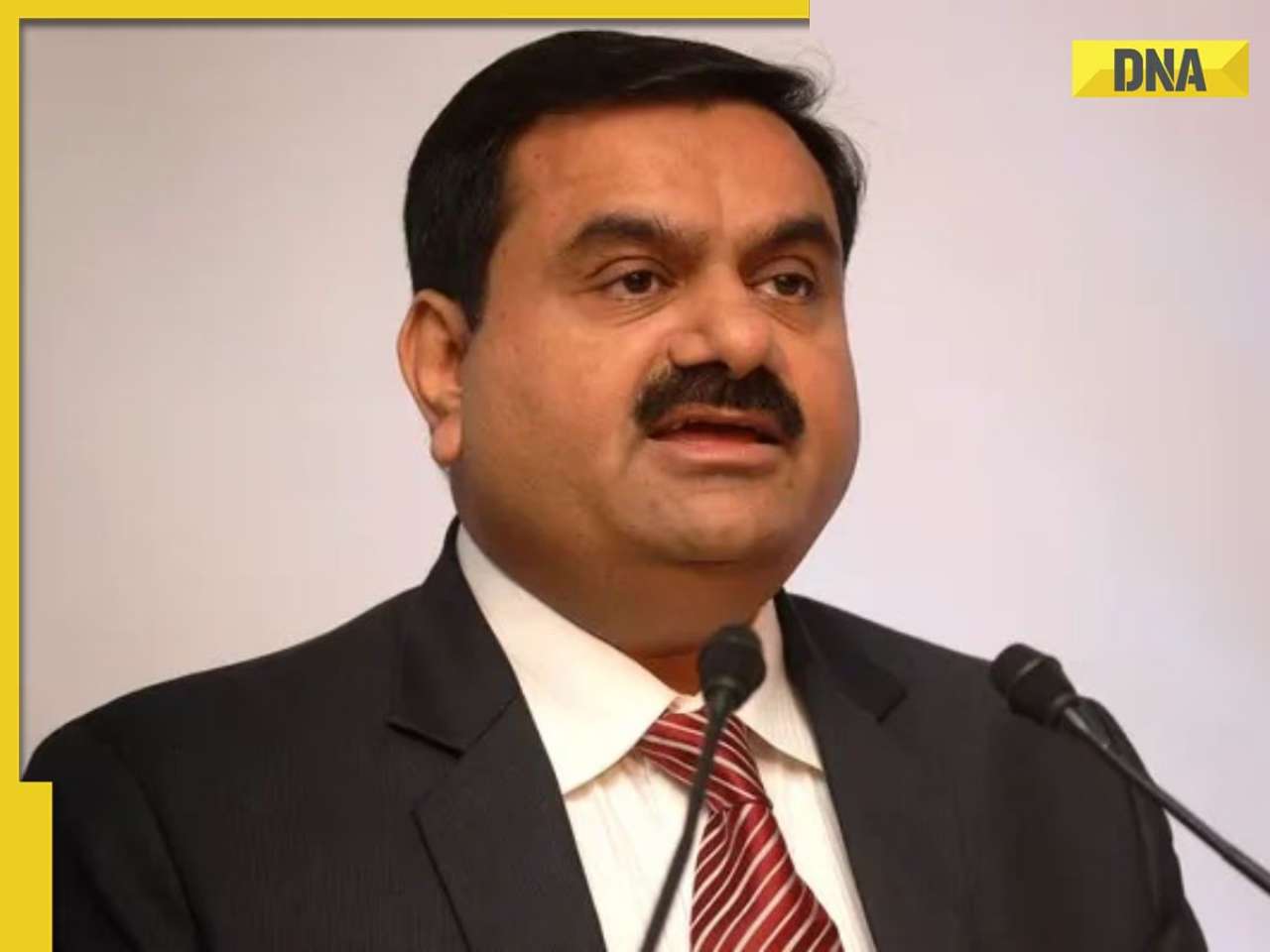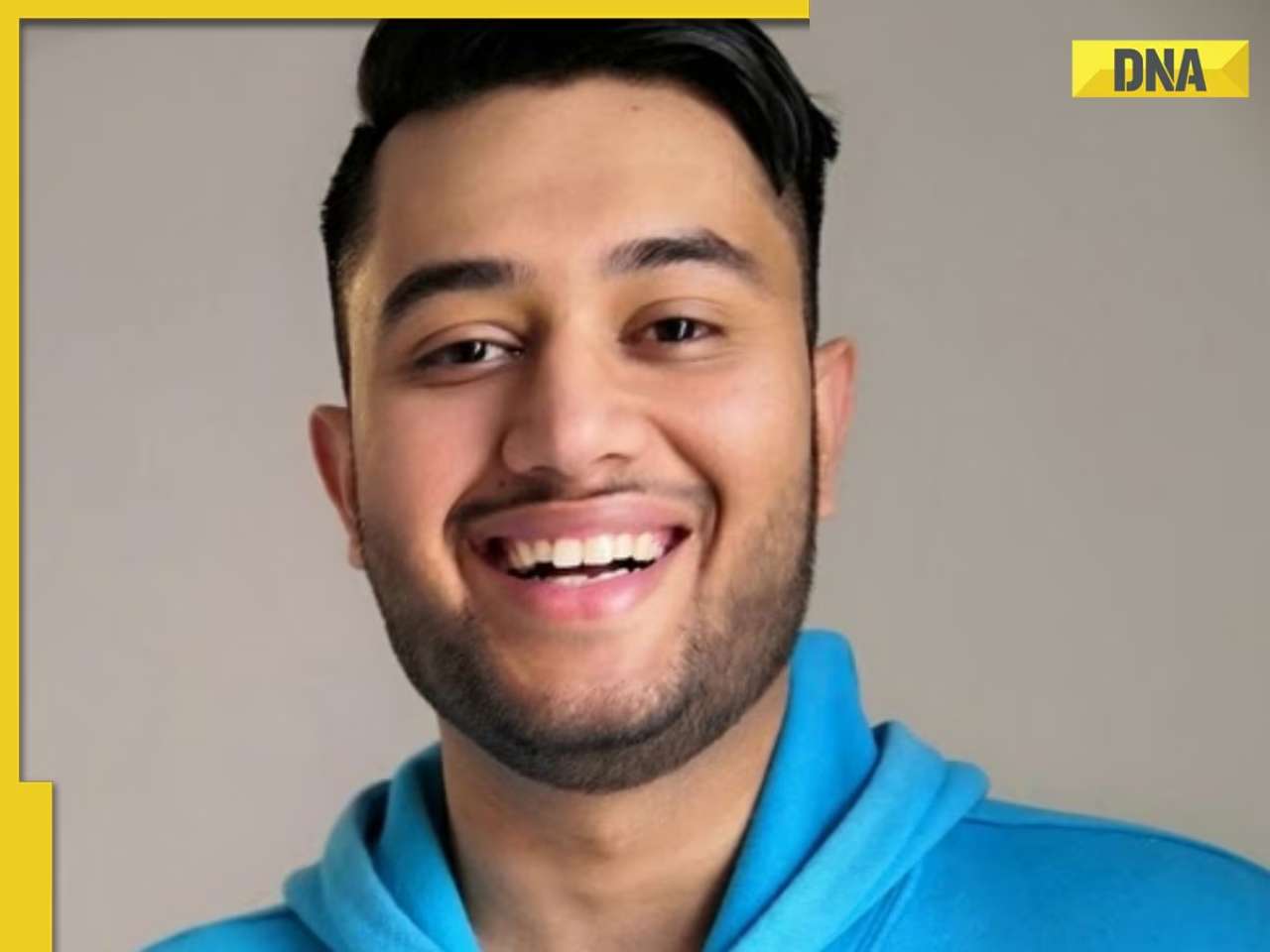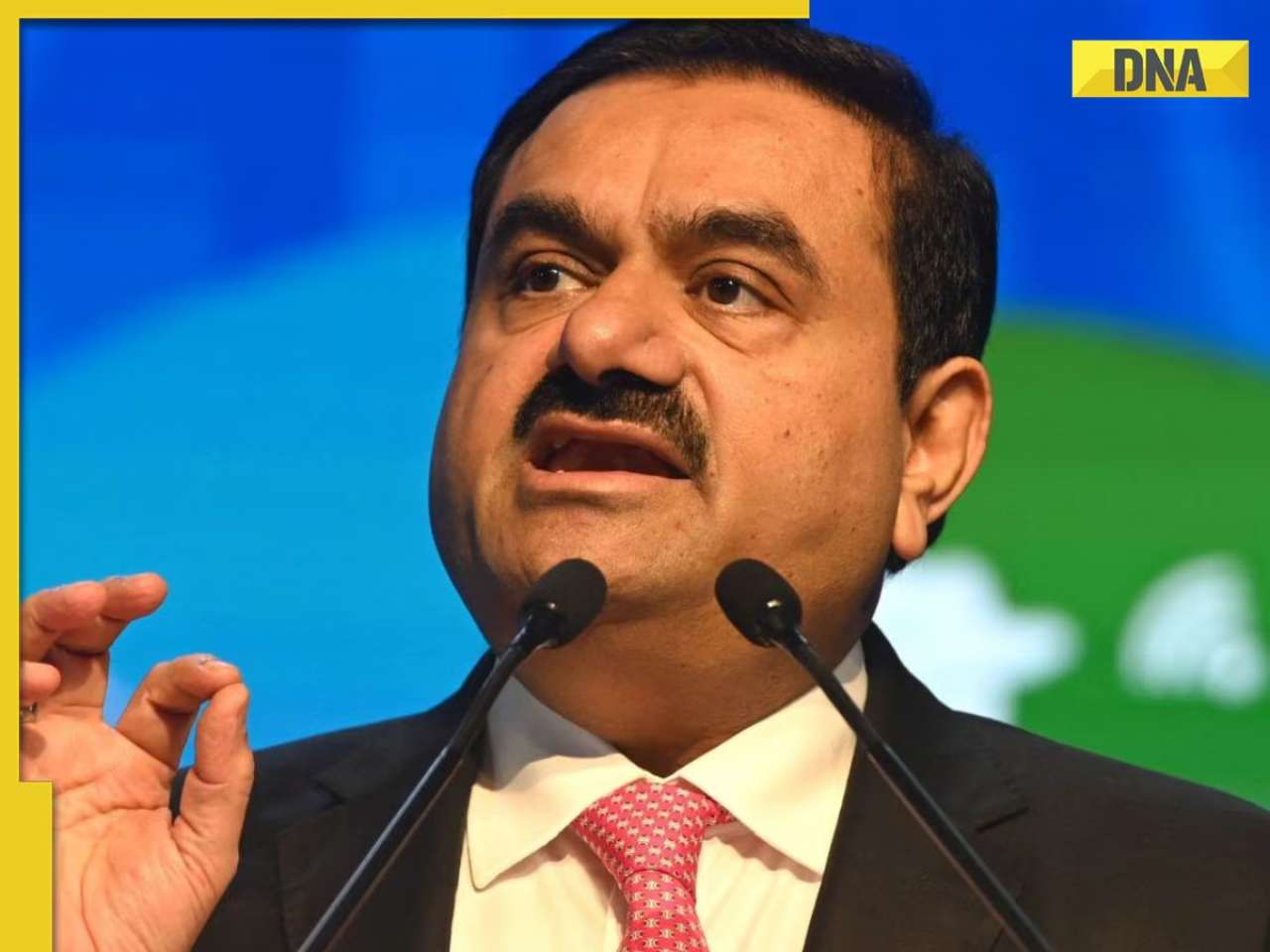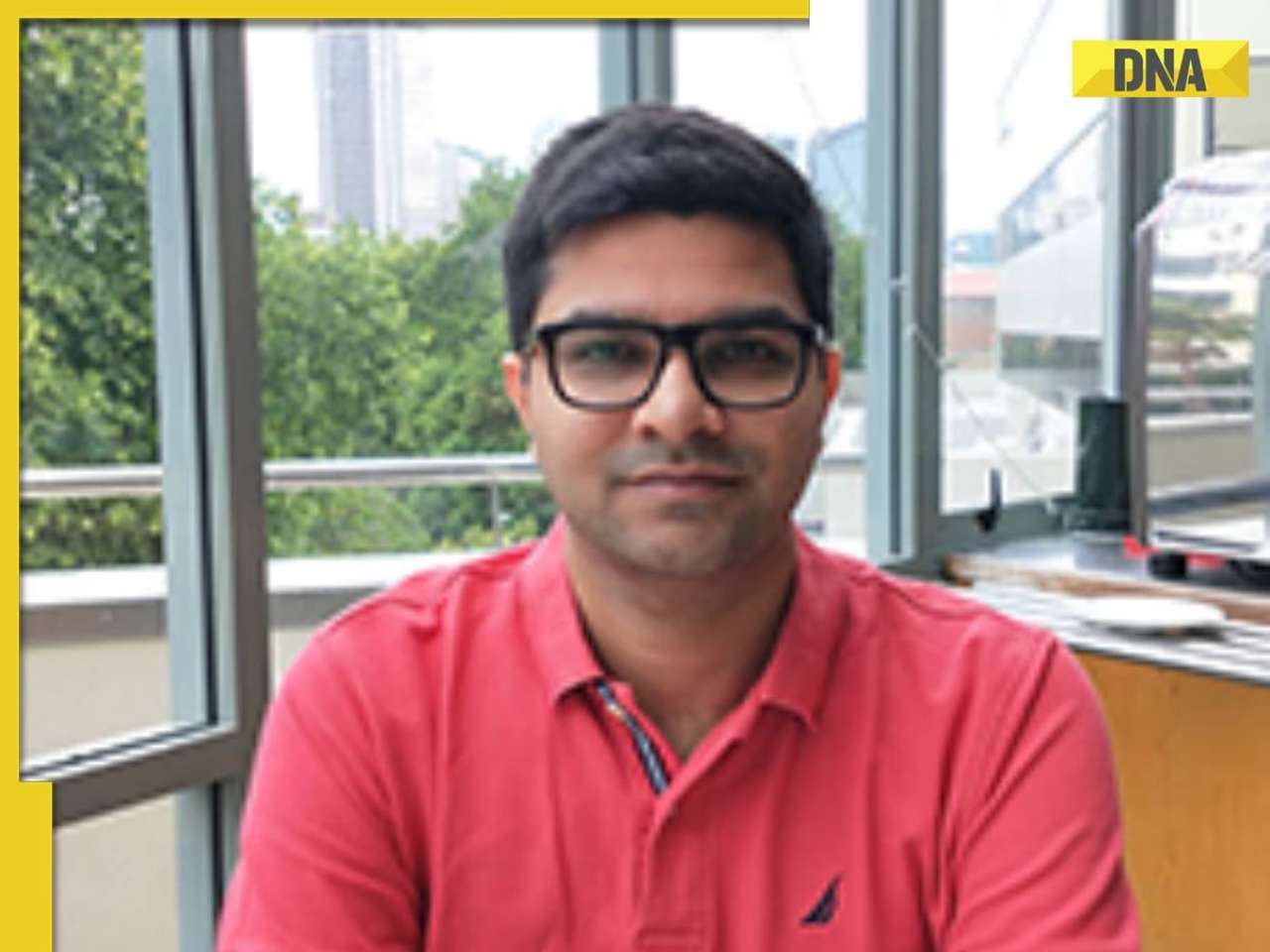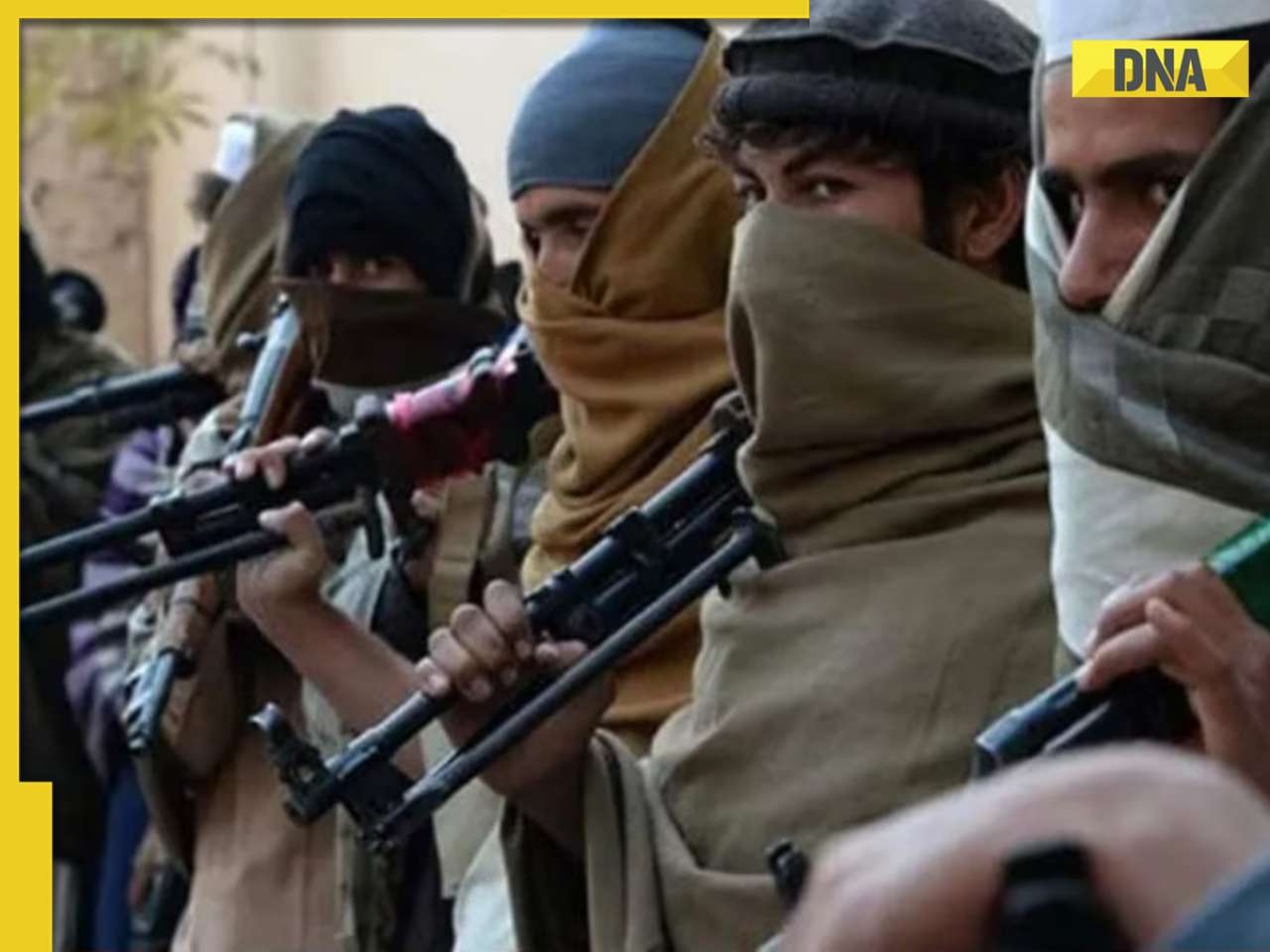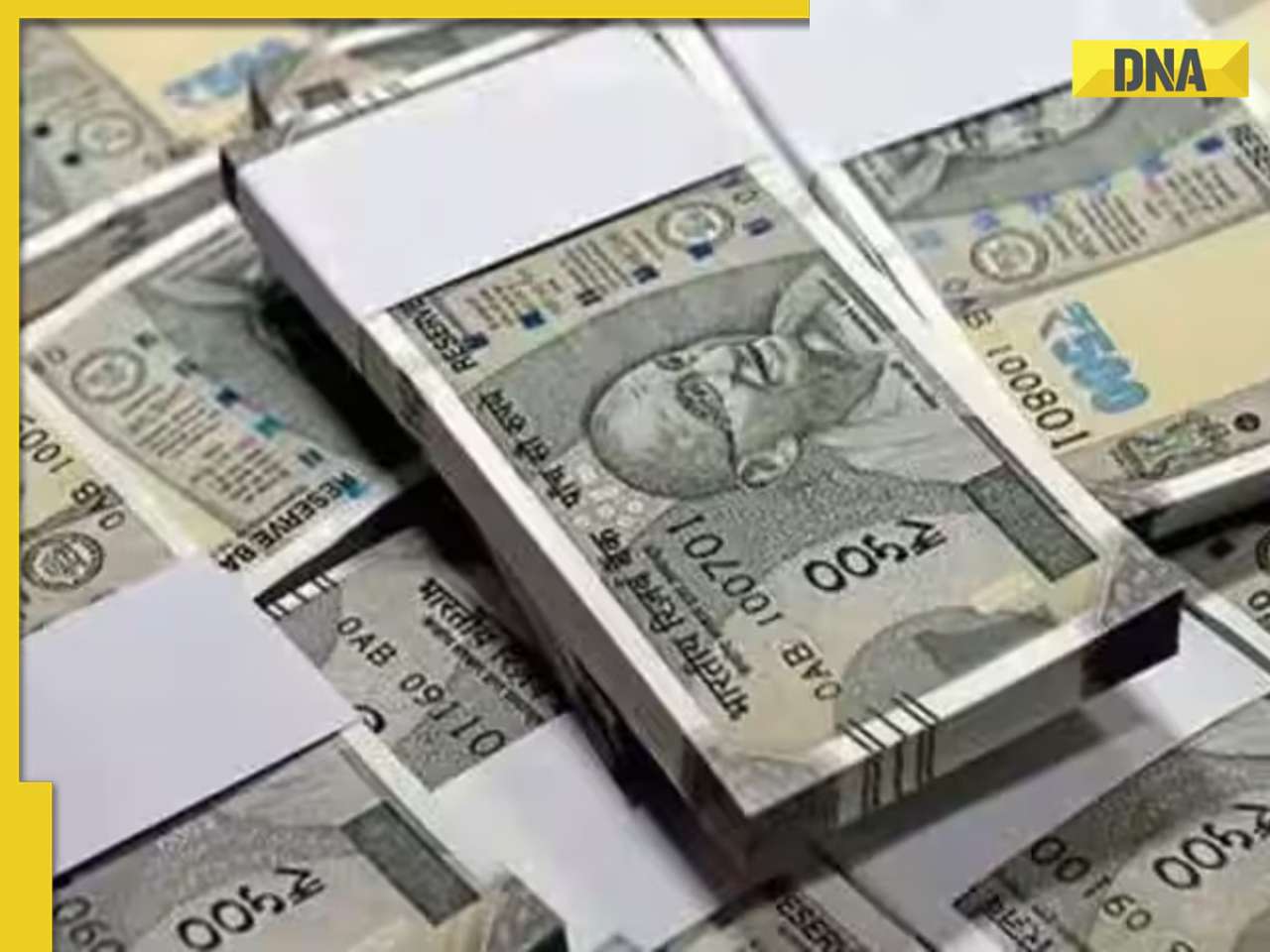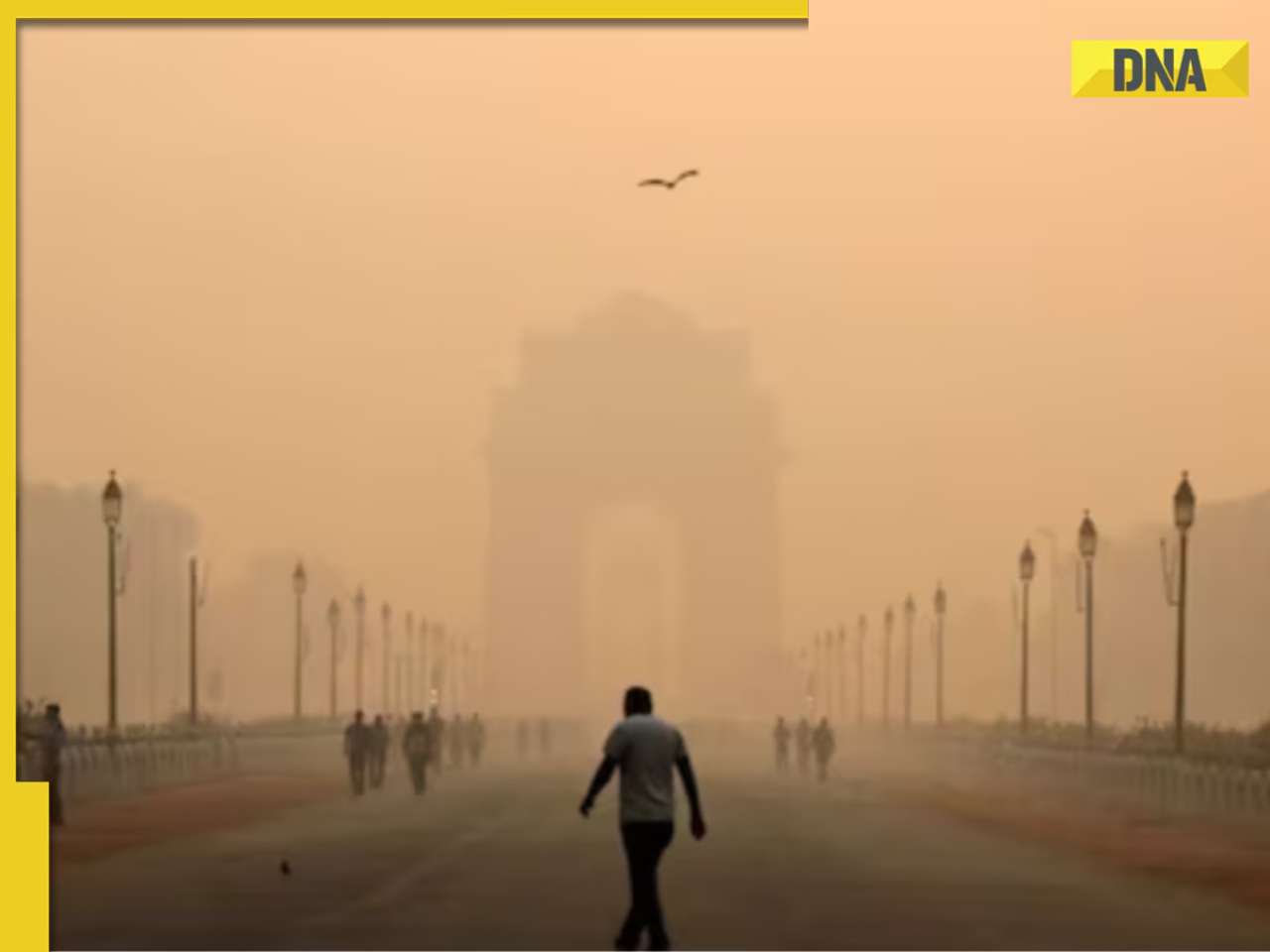- LATEST
- WEBSTORY
- TRENDING
LIFESTYLE
IT Act if enforced will leave internet use in India no freer than in China
The rules, adopted under the IT Act, give sweeping censorship powers and even have a provision against ‘blasphemy’ — when India doesn’t even have a blasphemy law.
TRENDING NOW
The Centre for Internet & Societies (CIS), a Bangalore-based NGO, recently filed an RTI query with the Department of Information Technology (DIT), asking for a list of websites blocked by the Indian government under the IT Act. The department handed them a list of 11 websites. It was just one department’s list, but this was the first time such a list was being made public. “The information given was not comprehensive. For instance, we still don’t know who ordered these blocks,” says Sunil Abraham, executive director, CIS, “We will file another RTI application to get those details out.”
As of now, Indians enjoy considerably free access to information online, and the right to freedom of expression is protected by the Constitution. But you run into a veil of secrecy when trying to find out what sort of information is being blocked online, who is doing it, and for what reason. The list of 11 revealed by the DIT is only representative — no one can even guess the real number because, well, there is no way of knowing when a website gets blocked.
What is more disturbing is that the government has formulated a set of rules that can block content considered “disparaging”, “harassing”, or “blasphemous”, besides a whole range of other labels that are vague and hence open to interpretation. The rules put the onus of removing such material on intermediaries such as ISPs (internet service providers) and websites that host the content — within 36 hours of a complaint being filed. And just about anyone can request that the content be taken down — all they have to do is write a letter or an email with an electronic signature. There is no provision for the intermediary to challenge the complainant’s assessment of the content in question.
Users will be afraid
In other words, censorship will now be a free-for-all exercise. Protests, such as the one we saw during the Jan Lokpal agitation, can be nipped in the bud since anyone, including politicians, can claim that they are being “harassed”. Information revealed by websites like WikiLeaks can be blocked because they may “threaten friendly relations with foreign states”.
There is a sense of shock among the handful of netizens who are aware of these rules and the potential for their misuse. “What are we, Saudi Arabia? We don’t expect this from India. This is something very serious,” Pushkar Raj, general secretary of the People’s Union for Civil Liberties, has been quoted as saying. MediaNama, a website reporting on the media industry, points out, “Who defines ‘blasphemous’?... India doesn’t even have a blasphemy law, so who interprets what is blasphemous or not?”Media watchdog The Hoot’s Geeta Seshu says, “This is chilling. Websites will be wary of putting up content.
How can one appeal? How can one have a free discussion on anything at all online?”
Vishal Anand, product manager at Burrp, an online startup that hosts user-generated reviews of restaurants, is worried about the impact it will have on the discussions happening on the website. “I hope the ecosystem is not impacted. Users may be more afraid to respond, and businesses will be afraid about the content they host.”
Guilty until proven innocent
The fundamental issue is that the onus is on the carrier or host to prove that the content is inoffensive, if any objection is raised. “The regulation is placing the burden on the intermediary so that there is no need to go to court (to get content blocked). This is going to lead to a lot of private intervention. You will have to go to court to get the content back up online, rather than the other way around,” says Delhi-based lawyer Apar Gupta.
In fact, intermediary liability is a contentious topic globally, and this is not the first time it has caused a controversy in India. Back in 2004, Ebay India’s CEO Avinash Bajaj was arrested because a user tried to sell a pornographic CD on its website. This set off a furious debate on the issue, with the government finally agreeing to amend the IT Act. Gupta notes on his blog, “Even after the IT Act was amended, the government failed to make any rules… In the absence of rules, intermediaries continued to be dragged to court and to the police station. This includes a recent incident where an FIR was registered against Facebook.”
Checks and balances exist
These developments lend credence to a recent report on internet freedom released by US-based NGO Freedom House, which ranks India 14th out of the 37 countries surveyed. Stating that the internet in India is only “partly free”, the report notes, “Pressure on private intermediaries to remove certain information in compliance with administrative censorship orders has increased since late 2009, with the implementation of the amended IT Act. The revised law grants (the government) the authority to block internet material that is perceived to endanger public order or national security… and assigns up to seven years’ imprisonment for representatives of a wide range of private service providers… if they fail to comply with government blocking requests.” What is even more troubling is that the current rules weren’t even in place when this report was being prepared.
The new rules could worsen India’s internet freedom rankings. Responding to DNA, Sarah Cook, Asia research analyst and assistant editor, Freedom House, said, “We would have concerns over some of the rules and how they came about. This includes broad and vaguely worded censorship criteria, apparent initiation of the regulations “quietly” without significant consultation with key stakeholders, and absence of an appeals process for those who might disagree with censorship decisions.”
Legal experts in India too are puzzled by the new restrictions when there are already reasonable restrictions on freedom of expression that the Constitution defines. “There are anti-defamation provisions in the law. Then why include ‘disparaging’ in the new rules? Why is impersonating being made illegal? For example, on online dating websites for gays, users may not feel comfortable revealing their identities straightaway. And if somebody is impersonating to commit fraud, there are laws that already exist that deal with it. Instead of incorporating existing offences, the scope of what may be considered illegal is being broadened,” says CIS’s Abraham.
The new rules are so broad-based that anyone can claim they are offended and demand that content be taken down, even out of business rivalry.
For example, Zone-H.org, run by Italy-based Roberto Preatoni, was one of the 11 websites blocked by the Department of Information Technology. This was done after the Delhi High Court passed an ex-parte interim order (where the other party is not present) in the E2 Labs versus Zone-H case to block the website. “This seems unnecessary since it is some kind of private business battle between E2 Labs and Zone H. Where was the need for the Indian government to get involved?” asks Abraham.
Bangalore-based cyber law expert N Vijayashankar agrees. “Websites are being blocked using interim orders. There is no national interest involved in some of these cases. Plus, there is no need to block the entire website, just a particular page could be blocked.”
In fact, one of the webpages blocked was an opinion piece Vijayashankar had written about the Zone-H case on BloggerNews.net. “I had no intimation that the webpage was being blocked,” says Vijayashankar, who got to know about the blockage only after CIS published the DIT’s response.
Learn from the world
Globally, excessive regulation of online discussions, particularly those related to political and social issues, can kill the open exchange of information. “In many countries, we saw that new laws, prosecutions, or proactive government censorship contributed to greater self-censorship among users. This is particularly pernicious when it affects discussions that relate to public interest or that affect people’s well-being — such as an Indonesian housewife facing high fines for circulating critical comments about a local hospital, the Chinese authorities censoring content on torture in police custody, or the Korean government prosecuting a blogger who posted pessimistic predictions about the country’s economy,” says Cook.
Cook acknowledges that balancing the right to freedom of expression against security threats, hate speech or child pornography is quite difficult — even for nations that rank high in their study. But there are a few best practices that India could learn from. “Examples of good practices would include no criminal defamation provisions (though criminal penalties for inciting violence would be appropriate), immunity for online content providers from being held liable for the information posted by their users (there is such a law in the United States), and multi-stakeholder consultations prior to the passing of regulations related to the internet/digital media.”
The new rules India has come up with fly in the face of such best practices. Authorities and netizens alike should be on the guard, lest we go the China way.


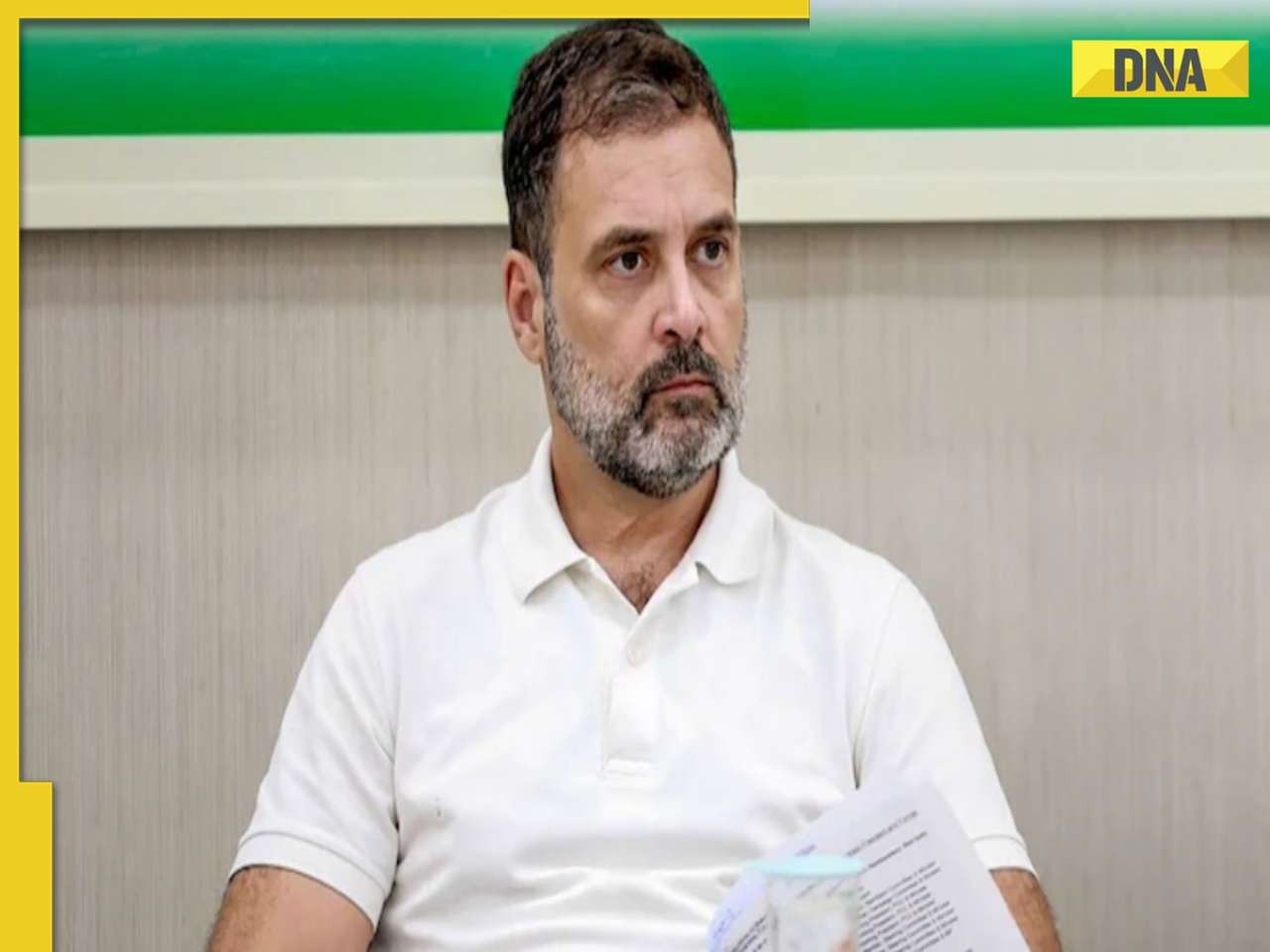





)
)
)
)
)
)
)
)
)
)
)
)
)
)
)





